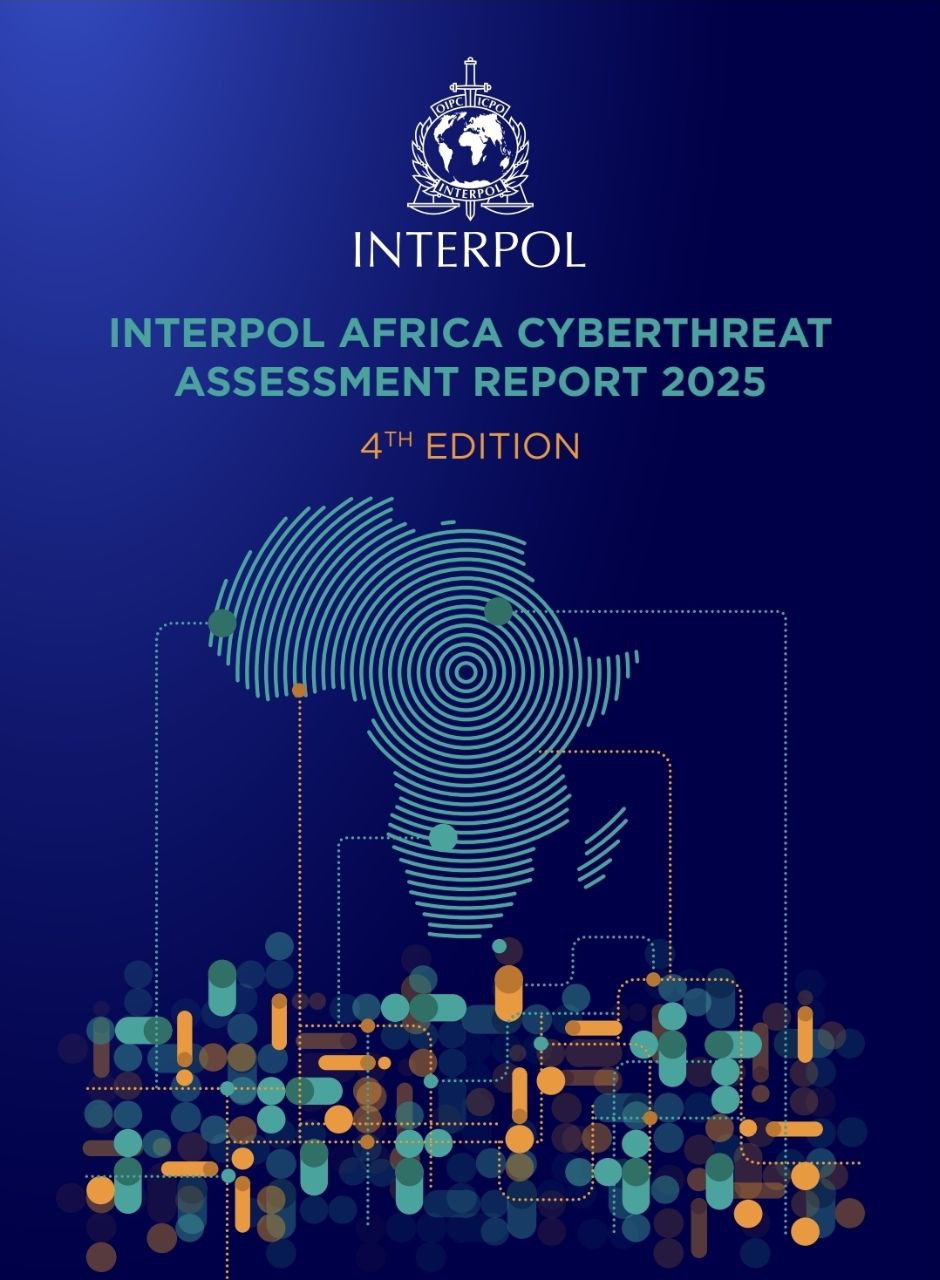Ethiopia has been identified as the most targeted country worldwide for cyberattacks in 2024, highlighting critical cybersecurity challenges amid the nation’s swift digital transformation. According to the INTERPOL Africa Cyberthreat Assessment Report 2025, Ethiopia leads globally in malware detections, underscoring the urgent need for strengthened cyber defenses and coordinated response mechanisms.
The report reveals that Ethiopia’s critical infrastructure, including government institutions, financial services, and major development projects, faces frequent and sophisticated cyber threats. These attacks exploit the expanding use of mobile banking, e-commerce, and online public services which have grown rapidly as part of Ethiopia’s broader digital economy expansion.One of the most prevalent cyber threats in Ethiopia is online scams, particularly phishing, which accounts for a significant share of cybercrime incidents reported across Africa.
Cybercriminals employ advanced social engineering tactics, including AI-generated texts and impersonation schemes, to defraud individuals and organizations. Ethiopia’s growing internet user base, now part of over 500 million users in Africa, is increasingly vulnerable to such threats, which lead to financial losses and erosion of trust in digital platforms.Another rising concern in Ethiopia and the East African region is digital sextortion and online harassment, particularly targeting women and youth. These crimes involve the coercive use of explicit images to extort victims and have been on the rise as internet penetration deepens.
Ethiopia also faces challenges from ransomware attacks, business email compromise (BEC), and mobile-related frauds such as SIM swap scams, which compromise telecommunications security and enable fraudulent financial transactions.Despite these threats, Ethiopia and other African nations are beginning to make positive strides.
Efforts include establishing dedicated cybercrime investigation units, investing in digital forensic capabilities, and enhancing regional cooperation through initiatives like AFRIPOL and INTERPOL’s African Joint Operation against Cybercrime (AFJOC). These collaborative platforms have recently led to significant takedowns of cybercriminal networks and hundreds of arrests across the continent.However, the report cautions that legal frameworks across Africa, including Ethiopia, remain fragmented and enforcement capacities uneven.
More harmonized legislation aligned with international standards, increased training for law enforcement, and improved access to technological tools are essential to keep pace with rapidly evolving cybercrime tactics.Public awareness campaigns are also being scaled up, aiming to educate vulnerable groups such as youth, women, and small businesses on cyber hygiene and threat recognition. Ethiopia’s focus on integrating cybersecurity education within schools and government entities marks an encouraging step towards building resilience.The INTERPOL report calls for sustained multi-sectoral efforts involving governments, private sector, and civil society to safeguard Ethiopia’s digital future and ensure continued trust in its blossoming digital economy.







